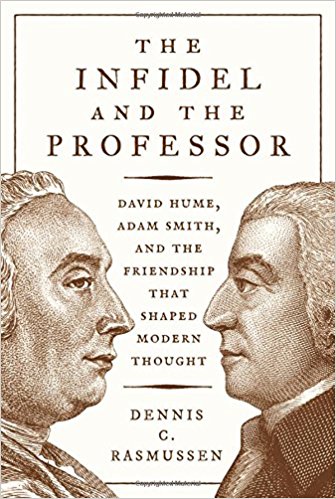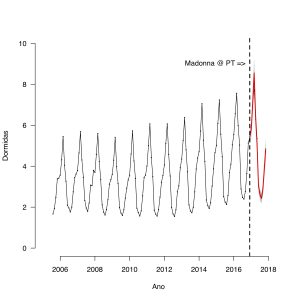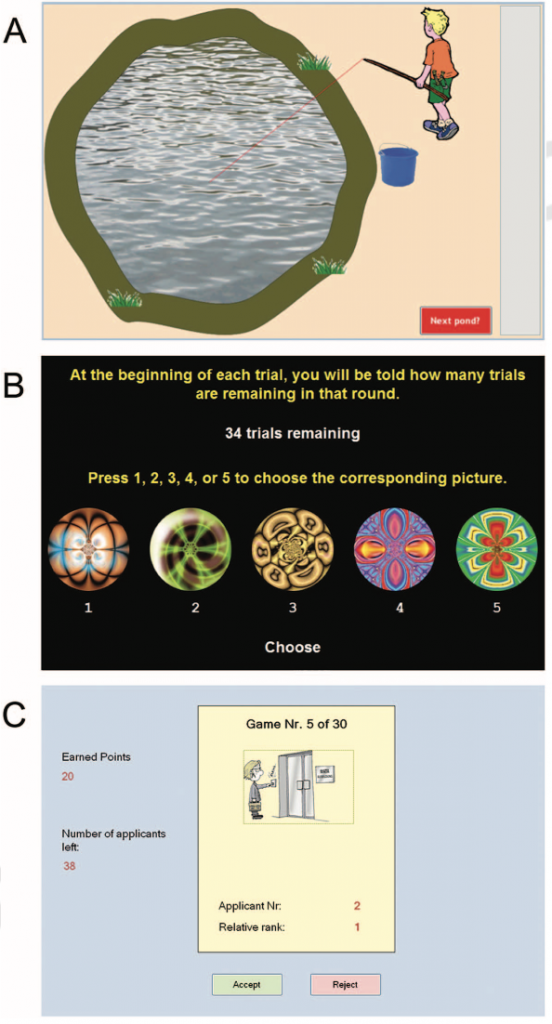
The Infidel and the Professor by Dennis Rasmussen is a biography of the friendship between David Hume (1711-1776) and Adam Smith (1723-1790), two prominent figures of the Scottish Enlightenment.
The infidel in the title referes to Hume because of his staunch skepticism (atheism), perhaps best illustrated by his attempt to explain how central psychological needs (the need for identifying causes or the need to assuage fear and anxiety in the face of mortality) can lead humans to ascribe God a central role in human affairs. In turn, Smith was a well-respected professor of moral philosophy, being responsible for teaching advanced students about religion and ethics (along with political economy). A friendship between such two apparently opposing figures seems unlikely but Rasmussen uses the surviving correspondence between the two and analysis of their work to provide not only a picture of their intellectual influence on each other but also a fascinating account of their friendship. For example, Rasmussen argues convincingly that many of Smith’s points in his The Wealth of Nations were influenced or preambled by Hume.
The final chapters covering Hume’s death are most touching and the book also contains Hume’s short autobiography as an appendix. Hume completed the short piece “My Own Life” a few months before dying of colon cancer, and he wanted to have it published as a preface to all future editions of his works. Both Hume and Smith seem to have wanted to have Hume’s last days accurately described and ensure people knew the “infidel” was able to keep his good spirits without need for spirituality. As a consequence, Smith volunteered to give an account of his friend’s final days in a letter to Hume’s editor that typically accompanies Hume’s autobiograhy.
I really enjoyed the book and was surprised to learn about Hume and Smith’s deep interest in psychological accounts of human behaviour and its consequences for history and economics. Perhaps one can even see Hume and Smith’s friendship as the embodiment of a common birthplace of psychology and economics.


